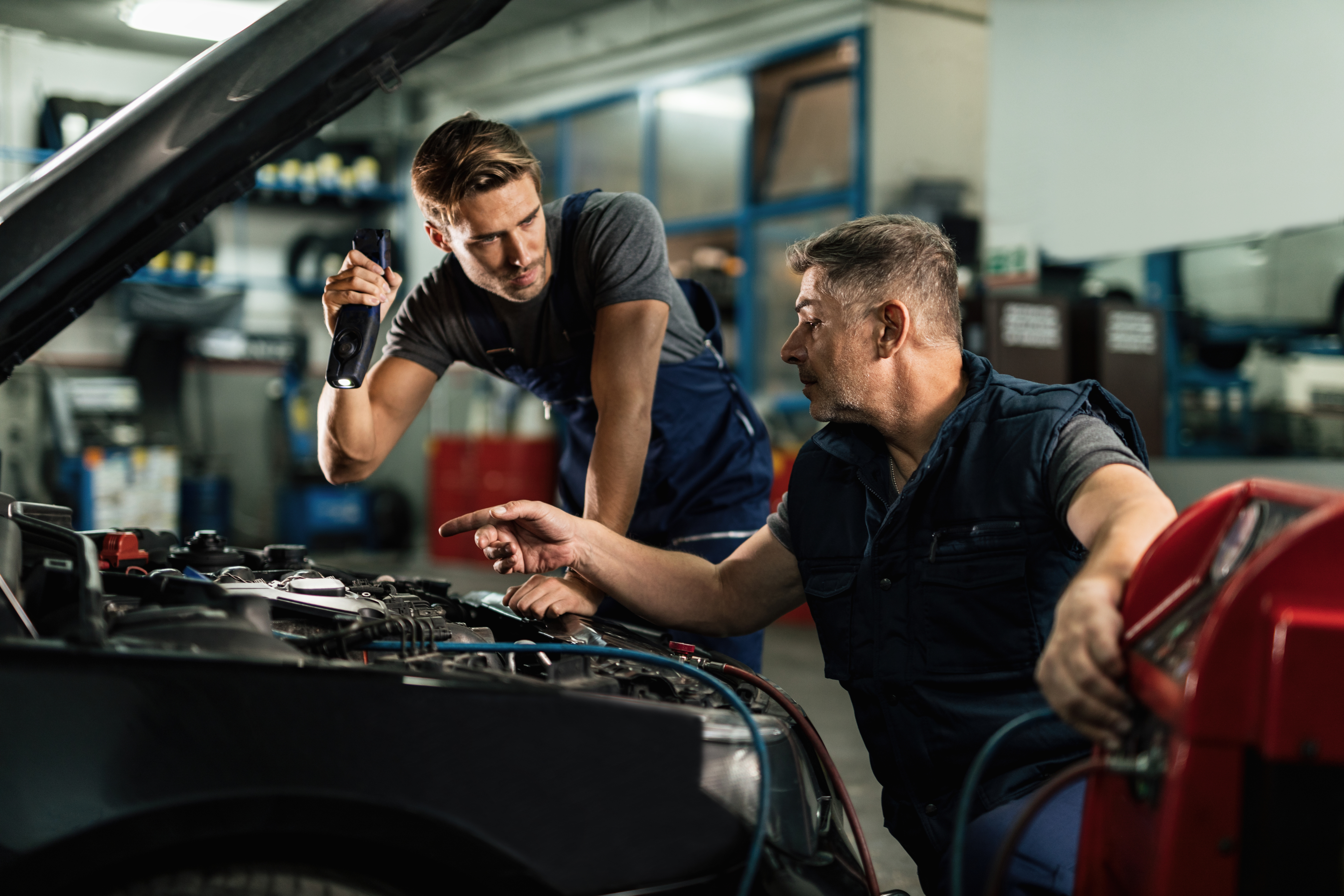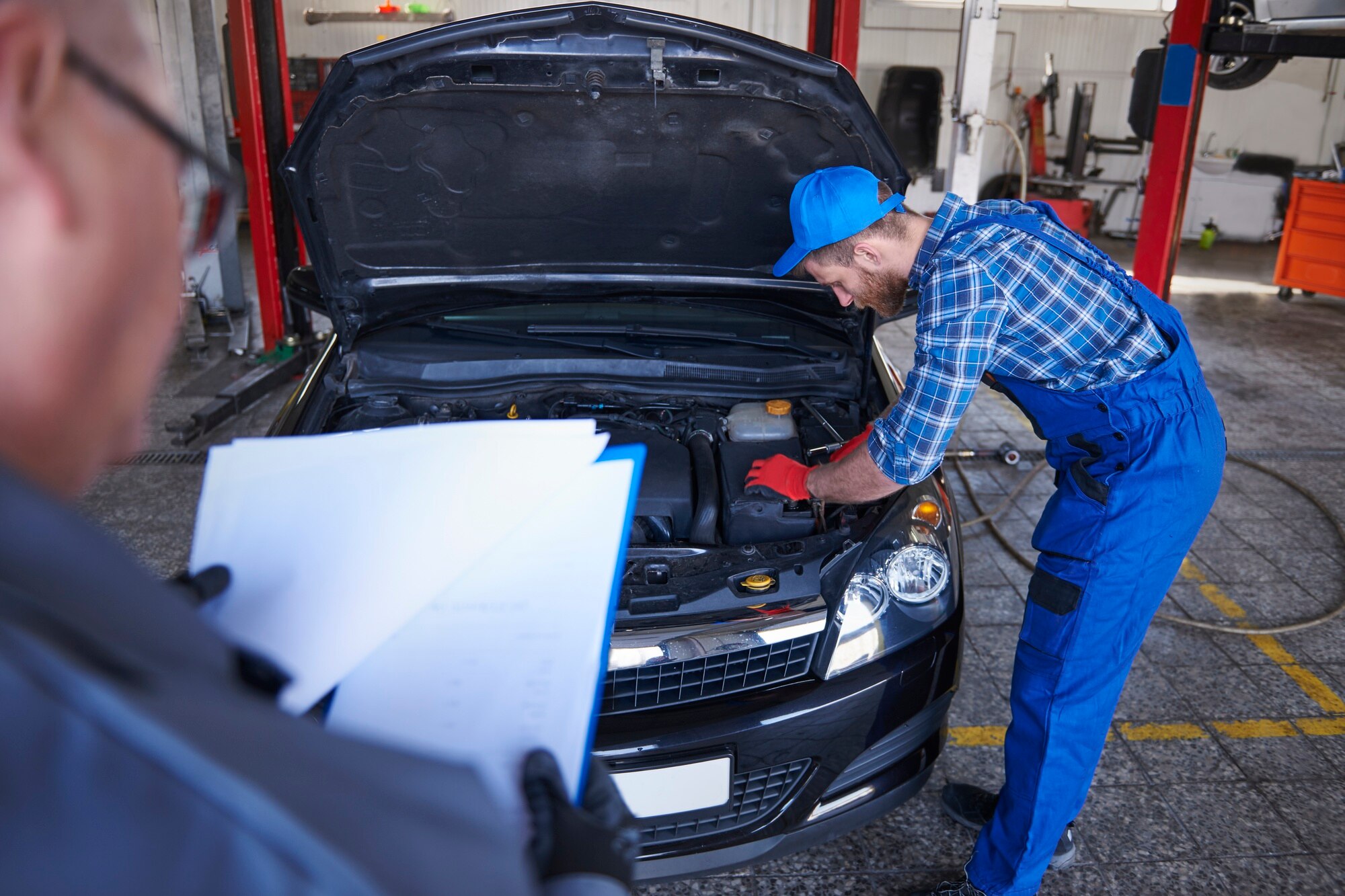Description
Owning a car comes with responsibilities, and regular maintenance is key to ensuring it runs smoothly for years to come. While many car owners overlook the basics, consistent upkeep can extend your vehicle's lifespan, improve fuel efficiency, and save you money on costly repairs. Below are essential car maintenance tips that will help keep your car in top shape and ensure optimal performance.
Follow Your Car’s Maintenance Schedule
Every car manufacturer provides a maintenance schedule, which outlines the recommended service intervals for key components such as the engine, transmission, and brakes. Adhering to this schedule is crucial for keeping your vehicle running efficiently. Regular oil changes, inspections, and part replacements as advised in the manual can prevent bigger issues down the road. Make sure you stick to the suggested timeline, whether it's for an oil change, brake inspection, or fluid check.
Regular Oil Changes
One of the simplest yet most important car maintenance tasks is changing your engine oil and filter regularly. Oil is essential for lubricating your engine, preventing friction, and ensuring smooth operation. Over time, oil degrades and becomes less effective, potentially causing damage to engine parts. Regular oil changes, typically every 5,000 to 7,500 miles depending on your vehicle, will help maintain engine health and avoid unnecessary wear.
Tire Care and Pressure Checks
Your tires are the only part of the car that directly contacts the road, making tire maintenance vital for both safety and performance. Keep an eye on tire pressure, as overinflated or underinflated tires can lead to poor fuel efficiency, uneven wear, and even blowouts. Check tire pressure monthly and before long trips, using the manufacturer's recommended pressure levels. Also, consider rotating your tires every 6,000 to 8,000 miles to ensure even wear and extend their lifespan.
Brake Inspection and Maintenance
Your car’s braking system is essential for your safety, so it’s important to regularly inspect and maintain the brakes. Worn brake pads not only reduce stopping power but can also damage other parts like rotors, leading to expensive repairs. Listen for any squeaking or grinding sounds when braking, as these could indicate that your pads need replacement. It’s also a good idea to have your brakes inspected annually to catch potential issues early.
Check and Top Off Fluids
Your car relies on several important fluids to operate smoothly, including engine oil, coolant, transmission fluid, brake fluid, and windshield washer fluid. Regularly checking these fluid levels and topping them off as needed helps prevent breakdowns and ensures your car runs efficiently. For example, low coolant levels can cause your engine to overheat, while insufficient brake fluid can compromise stopping power. Make it a habit to inspect these fluids monthly or as part of your regular maintenance routine.
Replace Air Filters
A clean air filter allows your engine to breathe properly, which improves fuel efficiency and overall performance. Dirty or clogged air filters restrict airflow, causing your engine to work harder and reducing its efficiency. It’s recommended to replace the air filter every 12,000 to 15,000 miles, or more frequently if you drive in dusty environments or heavy traffic. A new air filter can also help reduce emissions, making your vehicle more eco-friendly.

Battery Care and Maintenance
Your car’s battery is responsible for starting the engine and powering the electrical system. Over time, batteries lose their ability to hold a charge, especially in extreme weather conditions. To avoid being stranded with a dead battery, inspect it regularly for signs of corrosion around the terminals and clean them if necessary. Additionally, most car batteries last between three and five years, so if your battery is approaching that age, it’s a good idea to have it tested and replaced if needed.
Monitor Dashboard Warning Lights
Modern vehicles come equipped with dashboard warning lights that alert you to potential problems. Whether it’s the check engine light, oil pressure warning, or brake system alert, never ignore these signals. They are your car’s way of telling you that something needs attention. If a warning light appears, consult your owner’s manual to identify the issue, and take your car to a mechanic for a diagnostic test to prevent minor problems from becoming major repairs.
Keep Your Vehicle Clean
While cleaning your car might seem cosmetic, it’s actually an important part of maintenance. Regular washing helps remove dirt, road salt, and other debris that can damage the paint and undercarriage over time. Interior cleaning is also crucial for preventing wear and tear on upholstery, carpets, and electronic components. Regular vacuuming and wiping down surfaces can help maintain your car’s value and improve the overall driving experience.
Drive Smart
Your driving habits have a direct impact on the longevity of your vehicle. Aggressive driving, such as hard braking, rapid acceleration, and speeding, puts unnecessary stress on the engine, brakes, and suspension. By adopting smoother driving habits, you can reduce wear and tear on critical components, improve fuel efficiency, and avoid frequent repairs. Additionally, avoid overloading your car, as carrying too much weight can strain your suspension and affect handling.
Conclusion
By following these essential car maintenance tips, you can ensure that your vehicle runs efficiently, stays safe, and lasts longer. Regular maintenance not only prevents costly breakdowns but also improves fuel efficiency and keeps your car performing at its best. Make vehicle upkeep a priority, and you’ll enjoy a smoother, safer ride for years to come.
Call to Action:
Need professional advice or services for your car? Visit our website for expert guidance and real-time pricing on the best vehicles for your needs!
Previous Post
Are Electric Cars Worth It? Exploring the Key Benefits of Going Electric
Next Post
How to Choose the Right Car for Your Needs: A Comprehensive Guide


